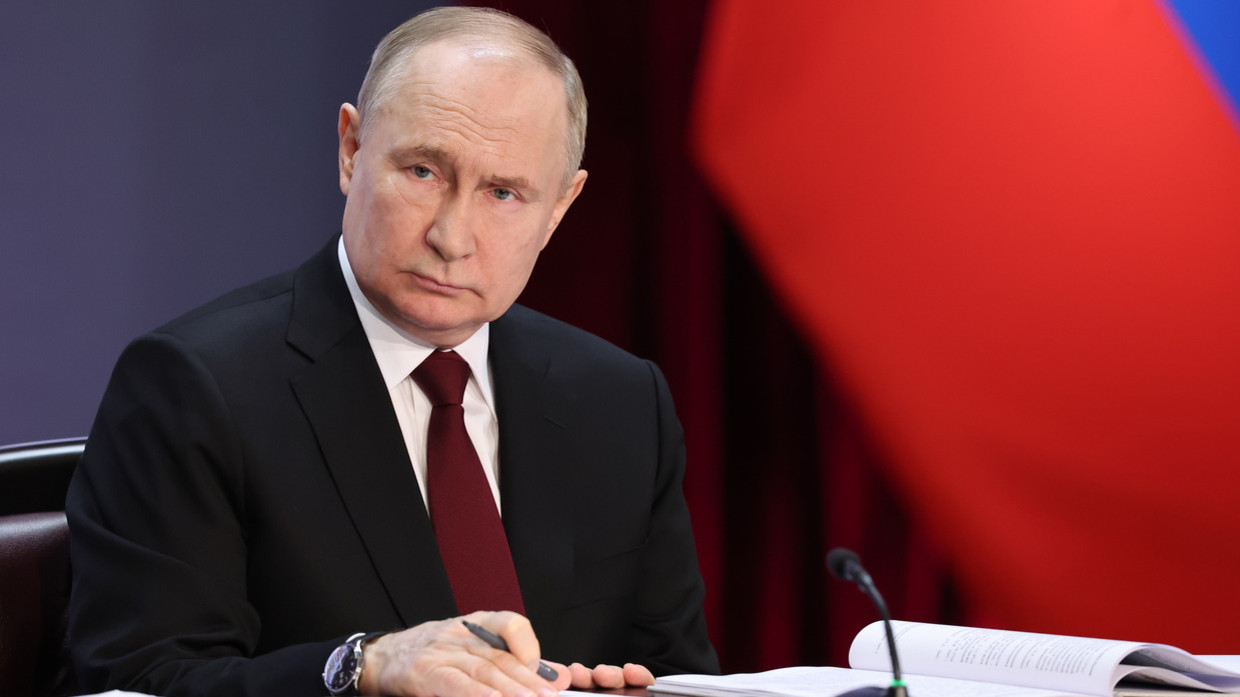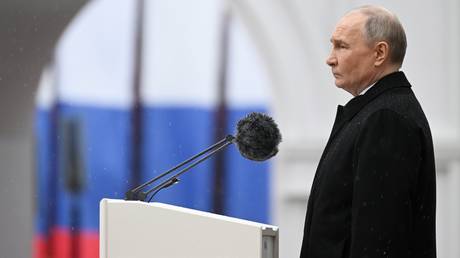President Vladimir Putin has issued a decree mandating the Russian government to ensure the country’s economic, social and technological development in seven key areas.
The objectives for the next six to 12 years were signed by the Russian leader on Tuesday, after he was inaugurated for his fifth term in office. The planning period covers the next two presidential terms.
The targets are grouped into health and demographics, realizing citizens’ talent, quality of life, environmental goals, economy, technological leadership, and digital transformation.
The underlying intention is to ensure Russia’s position as a sovereign nation that respects traditional values, engages with friendly nations, and improves its economic stance through science and private entrepreneurship, the document states.
The specific goals set by Putin include Russia having the fourth-highest gross domestic product (GDP) in the world by 2030 measured by purchasing power. By then, the value of imported goods and services should amount to roughly 17% of Russian GDP. Its exports should shift away from energy products, with agriculture considered a significant driver of future foreign trade.
In six years, Russia should also be among the top 25 nations in terms of using robotics in manufacturing, and in the top ten producers of scientific knowledge, according to the plan.
Putin also wants citizens to enjoy better economic equality, with the Gini coefficient – a national wealth inequality metric – set to fall to 0.37 by 2030 and 0.33 by 2036. Last year, it was estimated at 0.40, according to national statistics.
The decree sets targets for birth rates, life expectancy, road safety, and other factors that affect living standards. Broadband internet access should be available to 97% of Russian households within six years, and 99% of them in 12 years. Garbage recycling should be available to all Russian households by 2030. And virtually all government services should be provided remotely online by the same year.
The previous set of mid-term national goals, which is superseded by the new document, was published in 2020.


